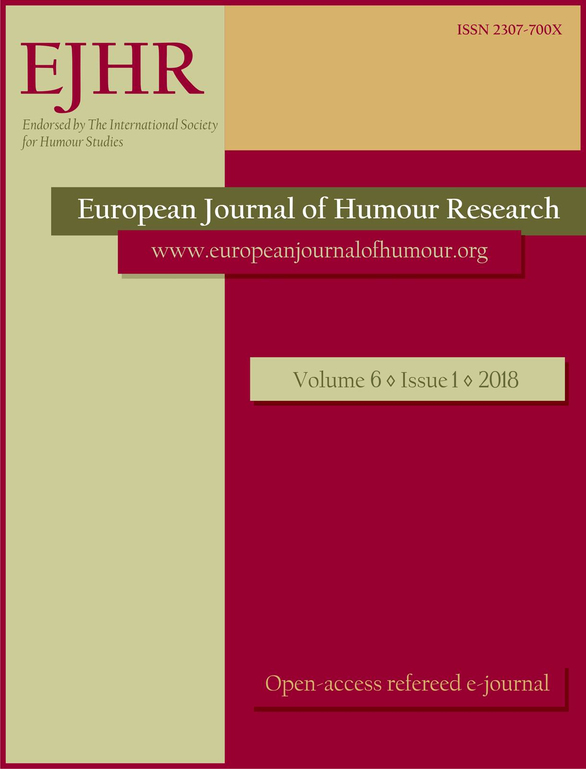Does religion shape people’s sense of humour?
Does religion shape people’s sense of humour?
A comparative study of humour appreciation among members of different religions and nonbelievers
Author(s): Karl-Heinz Ott, Bernard SchweizerSubject(s): Language and Literature Studies, Theoretical Linguistics, Applied Linguistics, Theology and Religion, Comparative Studies of Religion, Pragmatics, Sociolinguistics, Cognitive linguistics, Descriptive linguistics
Published by: Krakowskie Towarzystwo Popularyzowania Wiedzy o Komunikacji Językowej Tertium
Keywords: Christian; Muslim; Hindu; Atheist; Agnostic;humour appreciation;
Summary/Abstract: Using an empirical approach, this study addresses the question whether followers of different religious beliefs (Christians, Muslims, and Hindus), as well as Atheists and Agnostics manifest different senses of humour when rating a variety of jokes. The study further investigates whether one’s religious background influences the threshold of what is considered offensive. And finally, it seeks to answer whether jokes targeting religions other than one’s own are always perceived as funnier. Analysing the results of a public survey (N=783) containing a blend of religious and non-religious jokes (including irreverent ones), we found that Hindus demonstrate overall the highest humour appreciation among all the groups, while Christians were the least amused by the jokes presented on the survey. Muslims had overall robust humour responses, despite reporting the highest incidence of being offended. Atheists were the least likely to be offended, and they generally enjoyed irreverent jokes. All groups agreed that if a joke was seen as offensive, its funniness was reduced.
Journal: The European Journal of Humour Research
- Issue Year: 6/2018
- Issue No: 1
- Page Range: 12-35
- Page Count: 24
- Language: English

